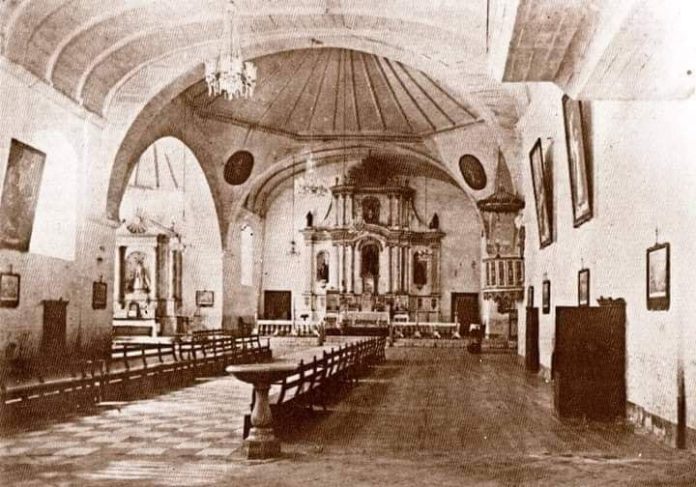We know that the past is not past. Its ghosts continue to haunt us. The debate is not only about “what the past was” but also “if the past is really past”.
Edward Said writes: “Appeals to the past are among the commonest strategies in interpretations of the present. What animates such appeals is not only disagreement about what happened in the past and what the past was, but uncertainty about whether the past really is past, over and concluded, or whether it continues, albeit in different forms, perhaps.”
This struggle for the politics of the meaning of the past becomes apparent in postcolonial discourse.
There are two general directions on how to read Spanish colonial mission. On the one hand, we have the Hispanophiles—mainly Catholic writers—who argue that the Spanish missionaries and their evangelical methods brought “civilized ways, salvation, and unity to the island.”
To use the words of Pablo Fernandez, a famous Dominican historian, the missionaries “were able, at [the] cost of so much sacrifice, to keep them for Christ and for Spain.” His book, Church History in the Philippines (1979), has become a classic church history book taught in the many seminaries in the Philippines.
On the other hand, we have the so-called “nationalists”. An example is Renato Constantino’s classic work Philippines: A Past Revisited (1977) which certainly is a reference book to many history students and was hailed as the “new interpretation of Philippine History”. Constantino argues that the Church’s role was transformed from a mere colonial accessory to a principal apparatus of colonial exploitation. This view which started from the revolutionary era against Spain is not without basis. However, it also possesses the tendency to ‘demonize’ the systems and actors—missionaries included—of the Spanish regime.
Beyond these two divergent readings, I argue that all practices—colonial practice included—possess a “double-truth”. In the words of the French sociologist, Pierre Bourdieu, practices are both “structured structures” and “structuring structures”. Just as these practices are consequences of their socio-political contexts (structured), there can also be creative and innovative within the bounds of their own historical limits (structuring).
On the one hand, it is a product of social structures of which it is a part—including its abuses and asymmetries. On the other hand, it also generates ingenious revolutionary elements, being part of creative human practice.
These opposites must be held in tension in order to account for the real “logic of practice”. If we consider the Christian faith as a “gift” to the Philippines in the last 500 years—thus, having been gifted, we also need to give as the celebration’s motto suggests —it is necessary that we consider the “double truth” of such a gift exchange.
Bourdieu writes: “On the one hand, it is experienced (or intended) as a refusal of self-interest and egoistic calculation, and an exaltation of gratuitous, unrequited generosity. On the other hand, it never entirely excludes awareness of the logic of exchange or even confession of the repressed impulses and, intermittently, the denunciation of another, denied, the truth of generous exchange—its constraining and costly character.”
Thus, to understand these historical events and colonial missionary experiences, there is a need to be open to their ambivalence, imprecision, and indeterminacy, that is, their double truth, as these same practices also contain unintended “surplus of meaning” beyond the conscious intentions of their historical agents.
Father Daniel Franklin Pilario, C.M., is the President of Adamson University in Manila. He is a theologian, professor, and pastor of an urban poor community on the outskirts of the Philippine capital. He is also Vincentian Chair for Social Justice at St. John’s University in New York.









